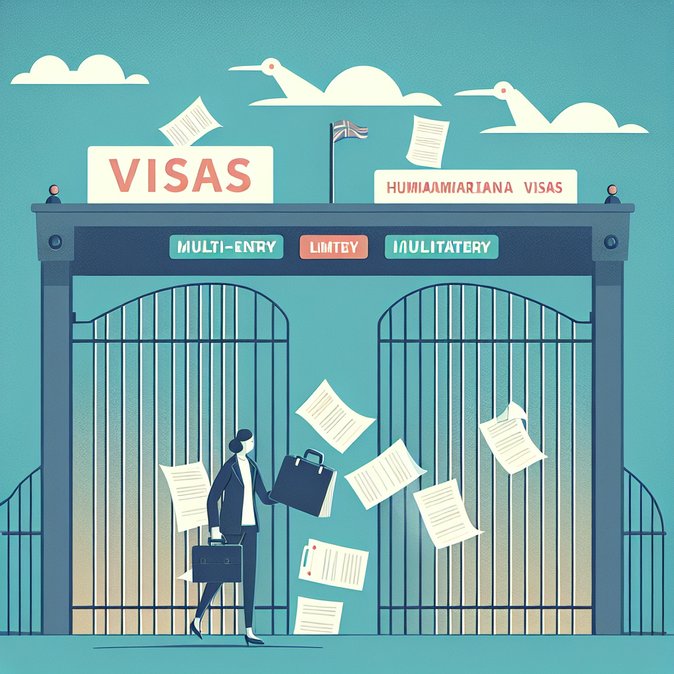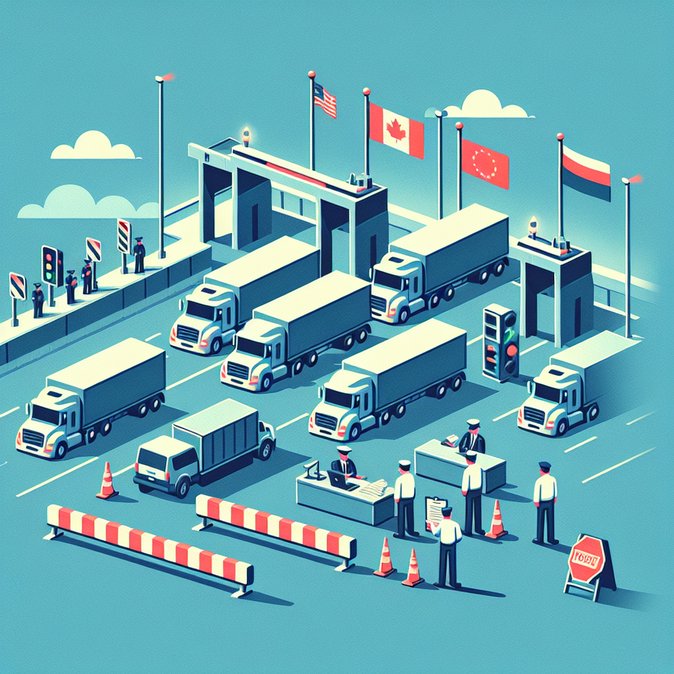
The European Union’s decision to suspend the issuance of multi-entry Schengen visas to Russian nationals formally entered into force this week, triggering debate across the bloc. Reporting from Warsaw on 13 November, The Guardian highlighted that Poland—already operating a near-total tourist-visa ban for Russians since 2022—intends to apply the new policy in full and will instruct consulates to grant only single-entry humanitarian visas under narrowly defined exceptions.
For Polish companies the main impact is likely to be on Russian subcontractors in the energy, IT-services and construction sectors who make frequent short-term trips. Under the revised rules, any Russian applicant must demonstrate “particular integrity and reliability” to qualify for even a single-entry permit, and must post a financial bond covering repatriation costs. Business-invitation letters alone will no longer suffice.
![EU multi-entry visa ban for Russians takes effect; Poland expected to enforce strict interpretation]()
Polish border posts at Warsaw-Chopin and Gdańsk airports are preparing for possible surges in ‘visa-run’ travellers attempting to reset their Schengen days. The Border Guard confirmed that Russian citizens holding residence permits issued by other EU states will still be allowed entry, but warned that officers may scrutinise the purpose of travel more closely.
Russian opposition figures interviewed by the paper criticised the blanket measure as counter-productive, arguing it weakens ties with pro-democracy Russians. Ukrainian and Baltic leaders, by contrast, welcomed the step and urged Poland and its partners to go further by revoking existing multi-entry visas.
Mobility advisers should audit any Polish-based staff who hold Russian passports and regularly transit the Schengen area, and update global-immigration trackers to flag the higher refusal risk and longer appointment lead-times now expected at Polish consulates worldwide.
For Polish companies the main impact is likely to be on Russian subcontractors in the energy, IT-services and construction sectors who make frequent short-term trips. Under the revised rules, any Russian applicant must demonstrate “particular integrity and reliability” to qualify for even a single-entry permit, and must post a financial bond covering repatriation costs. Business-invitation letters alone will no longer suffice.

Polish border posts at Warsaw-Chopin and Gdańsk airports are preparing for possible surges in ‘visa-run’ travellers attempting to reset their Schengen days. The Border Guard confirmed that Russian citizens holding residence permits issued by other EU states will still be allowed entry, but warned that officers may scrutinise the purpose of travel more closely.
Russian opposition figures interviewed by the paper criticised the blanket measure as counter-productive, arguing it weakens ties with pro-democracy Russians. Ukrainian and Baltic leaders, by contrast, welcomed the step and urged Poland and its partners to go further by revoking existing multi-entry visas.
Mobility advisers should audit any Polish-based staff who hold Russian passports and regularly transit the Schengen area, and update global-immigration trackers to flag the higher refusal risk and longer appointment lead-times now expected at Polish consulates worldwide.
More From Poland
View all
LOT Polish Airlines opens Warsaw–San Francisco route, expanding trans-atlantic business links

Border Guard reports surge in illegal-entry attempts as Poland keeps controls on German and Lithuanian frontiers
